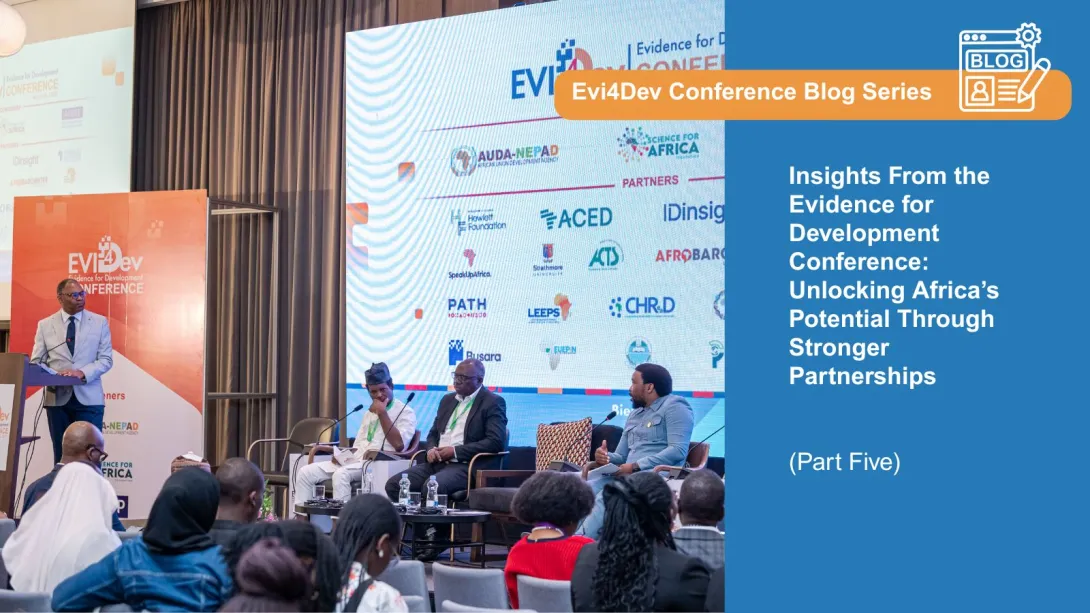
Africa stands at a pivotal crossroads in its development journey. The promise of science, technology, and innovation (STI), alongside evidence-informed policymaking (EIP), holds the key to unlocking sustainable growth, improved healthcare, and inclusive economic progress. Yet, this promise can only be realised through robust partnerships—collaborations that bring governments, researchers, development partners, and the private sector together under a shared vision.
Participants at the inaugural Evidence for Development (Evi4Dev) Conference highlighted a critical call to action: Africa should strengthen and deepen its partnerships for centring data, evidence, and innovations in its development efforts. This is not merely an academic ideal; it is a practical necessity. Countries across the continent face complex, interlinked challenges, from public health crises and climate change to economic inequalities and technological gaps, that cannot be tackled in isolation.
Governments need to play a proactive role, not just as regulators but as facilitators of collaboration. Development partners and researchers need to expand their networks beyond traditional boundaries, forging inclusive alliances that bring diverse voices to the table. These partnerships must be equitable, fostering trust and mutual respect rather than transactional relationships.
Equally important is the role of the private sector. Public-private partnerships are key to driving innovation and accelerating the adoption of new technologies. By creating enabling environments that support startups, entrepreneurs, and established companies alike, Africa can foster an ecosystem where innovation flourishes and benefits reach all communities.
Cross-country and inter-regional collaboration is another pillar of this vision. Africa’s challenges and opportunities transcend borders, and so must the solutions. Sharing knowledge, resources, and best practices can catalyse faster progress and avoid duplicative efforts. Building communities of practice and champions in STI and EIP will nurture a culture of continuous learning and improvement.
Governments and non-governmental organisations should cultivate a shared sense of responsibility and commitment. Investments in capacity development should be deliberate and respectful, aiming to uplift all partners rather than perpetuate imbalances.
Africa’s future depends on its ability to harness science and innovation inclusively and collaboratively, because only by tapping into the full diversity of its people and uniting efforts across sectors can the continent find sustainable solutions to its most pressing challenges.
Part 6 of the blog series will focus on the need to empower Africa’s youth as a catalyst for innovation and development.

